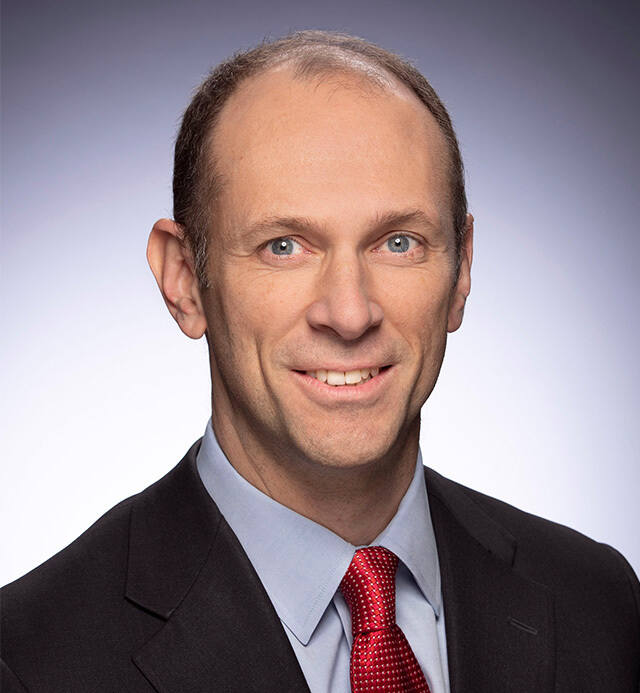-
In Combatting a Global Pandemic, Build Public Confidence First
Austan Goolsbee, the Robert P. Gwinn Professor of Economics at The University of Chicago Booth School of Business, served on President Barack Obama’s Council of Economic Advisers during the 2008 financial crisis. Analysis Group Chairman Martha S. Samuelson spoke with Dr. Goolsbee about his perspectives on the government’s actions during the previous crisis and their applicability to managing recovery in the current one.
Of course, the 2008 financial crisis originated in the banking sector, not as a global health pandemic. In what ways do you see our experience over the next few years being similar to the Great Recession and its aftermath, and in what ways will it be different?

Austan Goolsbee: Robert P. Gwinn Professor of Economics, The University of Chicago Booth School of Business
As you note, perhaps one of the most important differences is that this recession (and the NBER1 declared it is, in fact, a recession) has come from something that had nothing to do with the economy. Fear led everyone to withdraw from the economy, and it looks like a massive demand shock. In 2008, excess debt and an asset bubble popping basically turned into an old-fashioned financial crisis.
One clear difference now is that nonfinancial businesses are being hit directly and immediately by people staying at home. A prolonged term of economic inactivity may mean that a recession could actually be as deep as the Great Depression, which of course would be much worse than what we saw in 2008.
On the other hand, though, the ultimate collapse of the financial system may not be as inevitable as it was during the Depression. Given that, there may be hope that a recession that’s driven by temporary government restrictions will not follow the same rules as a strictly financial downturn, and the economy may make a quicker recovery, or at least a partial recovery, over time as restrictions are eased.
What will it take to make that happen?
Focusing the government on fast and effective actions that “flatten the curve,” as they say, is paramount. We have to make sure people are confident that it’s safe to venture out into the world again.
For that reason, many of the monetary and fiscal policies that were brought into play in previous downturns may no longer be sufficient in and of themselves to combat the problem. It will do little good to improve liquidity, for example, if people can’t or won’t go to work or to the store.
Government actions at all levels must show the kinds of results that will instill a sense of confidence in the people. Going back to my experience in President Obama’s administration, I’ve seen for myself what can happen when the public loses faith in the government.
In President Obama’s first month in office, Congress had passed an $800 billion stimulus package, and the government stood ready to do more. But despite the stimulus, unemployment continued to rise, landing at almost 10% for more than a year. Consequently, even proposals for lesser amounts of new stimulus met with heavy opposition.
So, while fiscal and monetary policies like the Federal Reserve cuts, or legislation providing direct relief to individuals, may help, they will not be sufficient. The most important thing is to control the spread of the virus, and that will have to be actively managed by competent government officials – both state and federal – for many more months, if not years.
What would you advise the current administration to focus on for critical next steps?
I think one of the most important things the administration can do is to bolster the public’s confidence that it is up to the task of managing recovery.
We may need to keep committing billions or even trillions of dollars to ward off utter, and perhaps even permanent, economic disaster. But you have to do these things in the right order. In many parts of the country – admittedly, not all – health concerns are trumping economic concerns. So the old ways of providing stimulus just won’t work by themselves. Simply put, you can give people money, but you can’t make them spend it.
I truly believe that political failures can make economic crises worse rather than better. If we fail at managing public confidence, then it will be all the more difficult to manage ourselves out of the coming recession. ■
Endnotes
- National Bureau of Economic Research
From Forum 2020.

